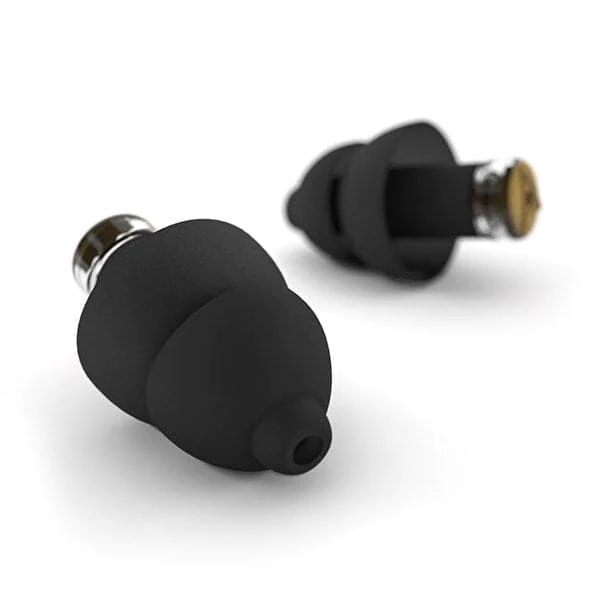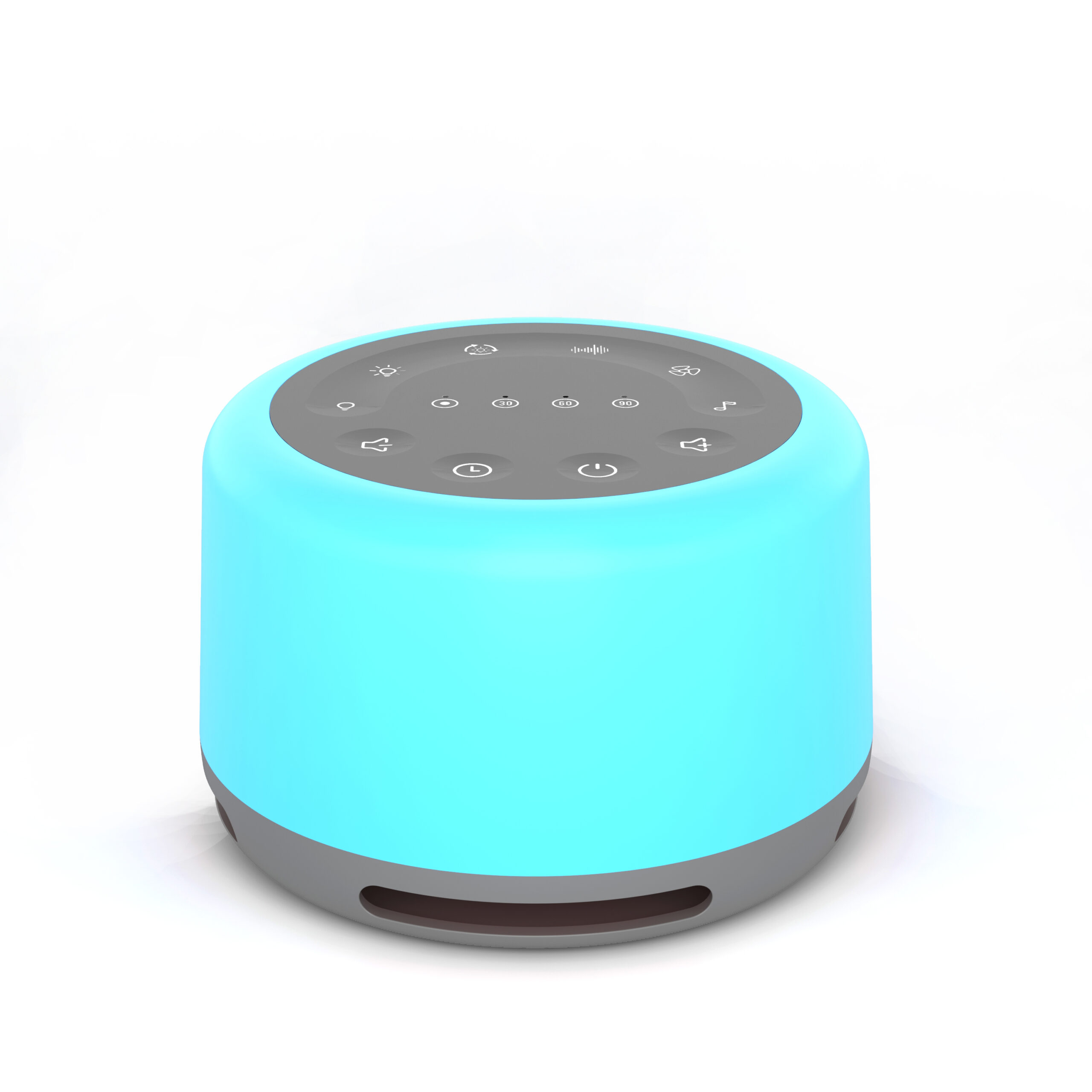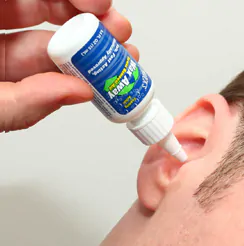Blog
11 Natural Treatments for Snoring Will Silence Your Nights
- Daniel Hastings
Table of Contents
Snoring is a problem that frequently disrupts sleep patterns and raises health risks for both the snorer and their sleeping partner. Although there are several treatments available, many people prefer natural and non-invasive approaches to deal with this nocturnal annoyance.
In this article, we will learn about Snoring,” we’ll look at a variety of strategies that make use of nature’s healing abilities to stop snoring and encourage uninterrupted, peaceful sleep.
Why Do People Snore?
Snoring, a common nighttime woe, happens when air flows through your throat as you slumber, often prompting abrupt awakenings. Natural treatment for snoring methods can aid in quieting these disturbances. When you swallow, relaxed throat tissues might vibrate, producing those irksome, abrupt noises.
Effectively addressing snoring is vital, as it can disrupt your sleep and your partner’s. Don’t underestimate the significance of snoring as a symptom, even if it doesn’t seem overly troublesome.
Interestingly, certain instances of snoring stem from factors like sleeping on your back or consuming alcohol too close to bedtime. By embracing natural snoring treatment approaches, you can strive for more tranquil nights and undisturbed slumber.
Natural Treatment For Snoring: Home Remedies and Lifestyle Changes
Snoring is a common condition that can affect both the snorer and those around them. While medical interventions are available, several natural approaches, including home remedies and lifestyle adjustments, can help alleviate snoring. In this article, we’ll explore these natural methods to provide you with a range of options for managing snoring without resorting to invasive measures.
1. Sleep On Your Side
Sleeping on your back causes your tongue to slide to the back of your throat, partially blocking ventilation. Sleeping on your side may be all you need to lessen or stop snoring.
2. Get Enough Sleep
Make sure to prioritize getting the recommended 7–9 hours of sleep for adults every night, as suggested by the joint recommendations of the American Academy of Sleep Medicine and the Sleep Research Society. Snoring can stem from inadequate sleep, as it leads to the relaxation of throat muscles, increasing the likelihood of airway obstruction. Natural treatment for snoring approach to addressing, consider.
3. Raise the Head of Your Bed
A natural treatment for snoring involves elevating your bed by a few inches, which can effectively maintain open airways and reduce snoring. Utilize bed risers or pillows to add height and alleviate snoring issues.
4. Use a Nasal Dilator
Stick-on nasal strips can be used to expand the nasal airway. This can improve your breathing and minimize or eliminate snoring. It’s possible to use an external nasal dilator such as Clipair Nasal Device, which is a stiffened adhesive strip put across the nostrils. This reduces airflow resistance, making breathing easier.
5. Limit or Avoid Alcohol Before Bed
Avoid consuming alcohol for at least 3 hours before going to bed. Alcohol relaxes the muscles of the throat, causing snoring.
6. Avoid Taking Sedatives Before Bed
If you use sedatives, talk to your doctor about your options. Stopping sedative use before going to bed may help with your snoring. Sedatives, like alcohol, can relax muscles, including those in your throat.
7. Try to Stop Smoking, If you Smoke
Smoking is a bad habit that can make your snoring worse. According to a 2014 studyTrusted Source, one possible reason for this is that smoking may increase your risk of OSA or worsen the condition.
8. Maintain a Moderate Weight
Weight loss will assist in lessening the amount of tissue in the throat if you are overweight. A buildup of tissue could cause your snoring. You can lose weight by eating smaller quantities, more nutrient-dense foods and reducing your overall caloric intake. Make an effort to exercise on a daily basis. You could also seek assistance from a doctor or a dietitian.
9. Treat Chronic Allergies
Allergies can make it difficult to breathe through your nose, forcing you to breathe through your mouth. You’re more likely to snore as a result of this. Consult your doctor about which over-the-counter (OTC) or prescription allergy drugs might help you. They come in various forms, including nasal sprays, liquids, and pills.
10. Correct Anatomical Structural Problems in Your Nose
A deviated septum is a condition that some people are born with or develop after an injury. This is a misalignment of the wall that separates both sides of the nose, causing airflow to be restricted. A deviated septum can cause snoring, which causes mouth breathing while sleeping.
11. Use a Continuous Positive Airway Pressure (CPAP) Machine for OSA
The CPAP machine is the most common treatment for sleep apnea. When you sleep, you must wear a pressurized air mask over your nose, mouth, or both. This may help keep your airways open. There are various types of masks available, including ones that are more comfortable for persons who wear glasses or sleep through their mouths.
Conclusion
These natural remedies allow for more peaceful and restful evenings, boosting general well-being, whether one is looking for treatment for oneself or aims to lessen the effect of snoring on sleep companions.
If you have any questions or would like to learn more about our product, please visit our sleepandsound.com.au website.






















































